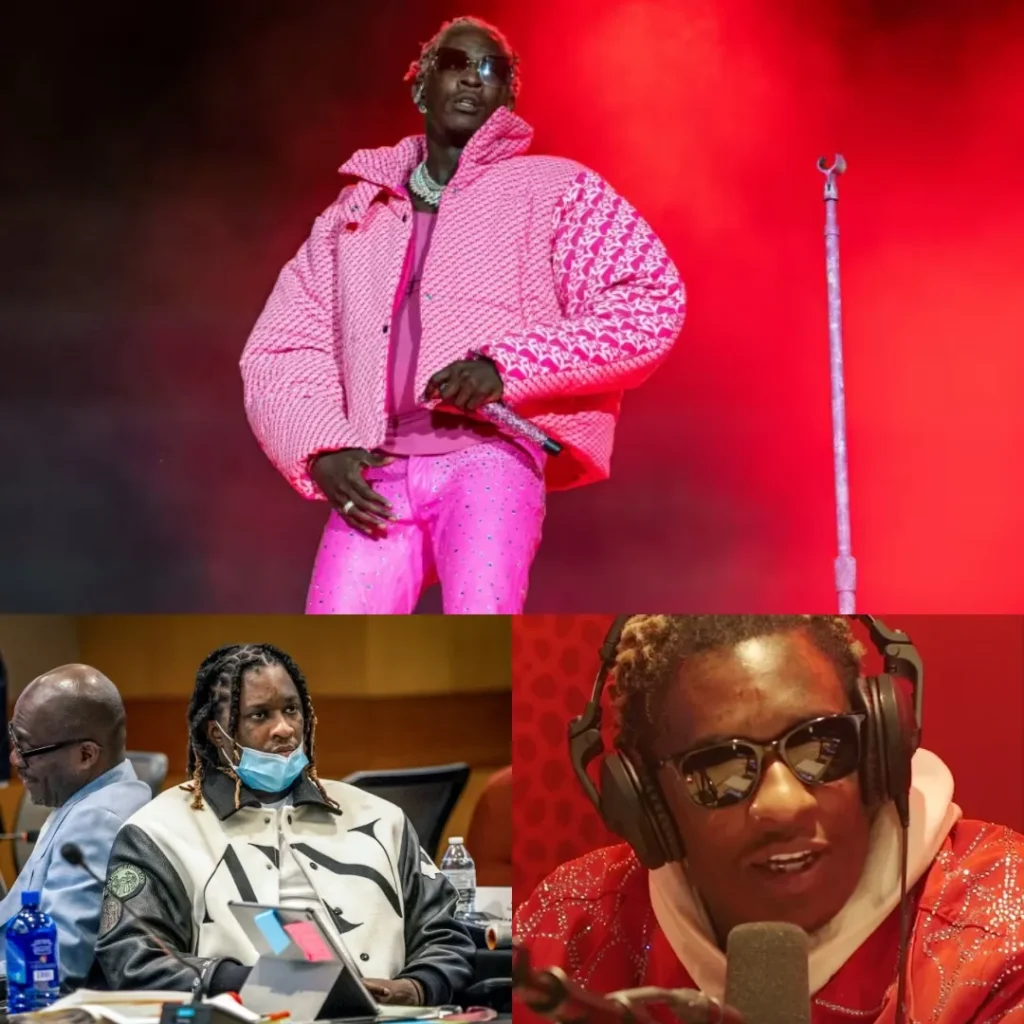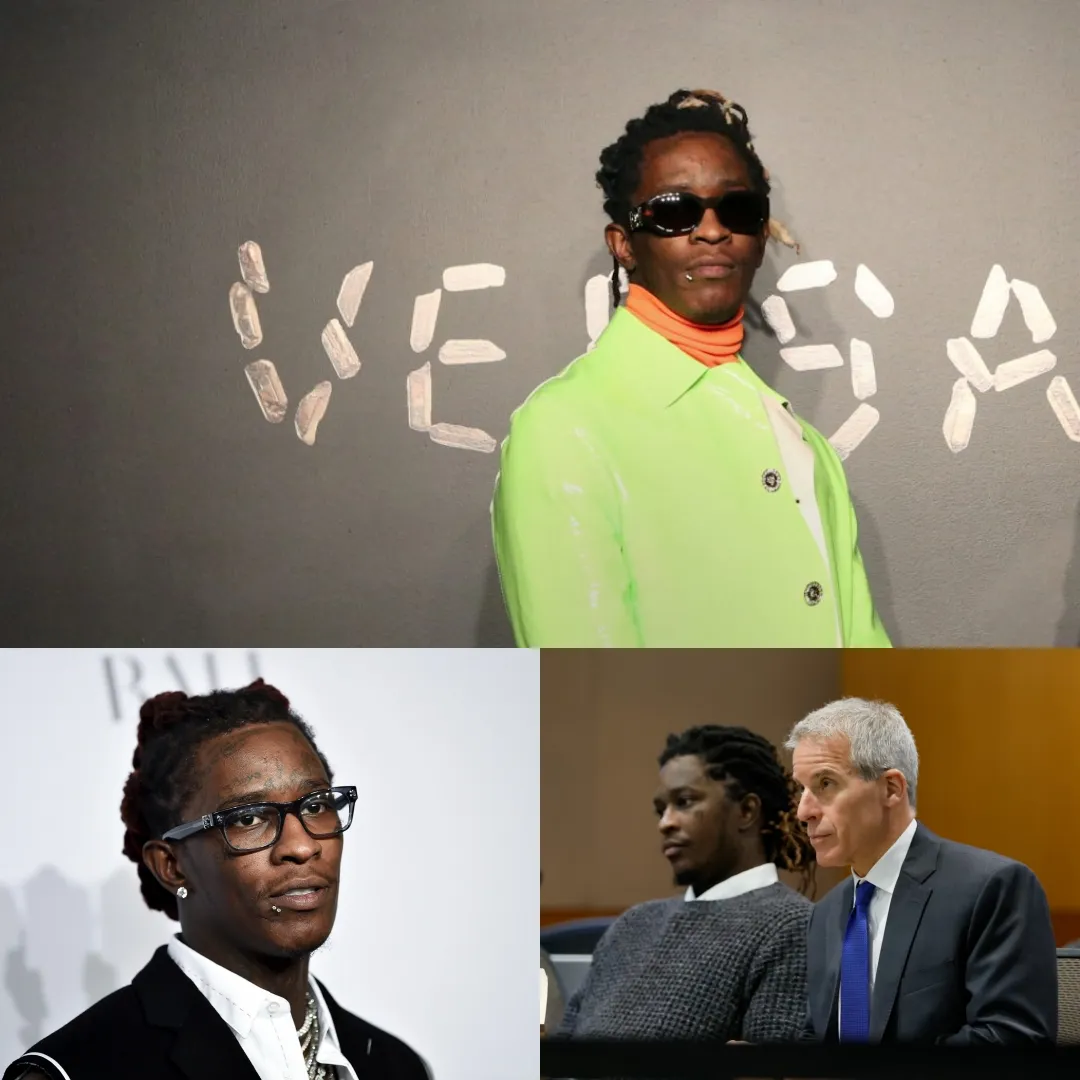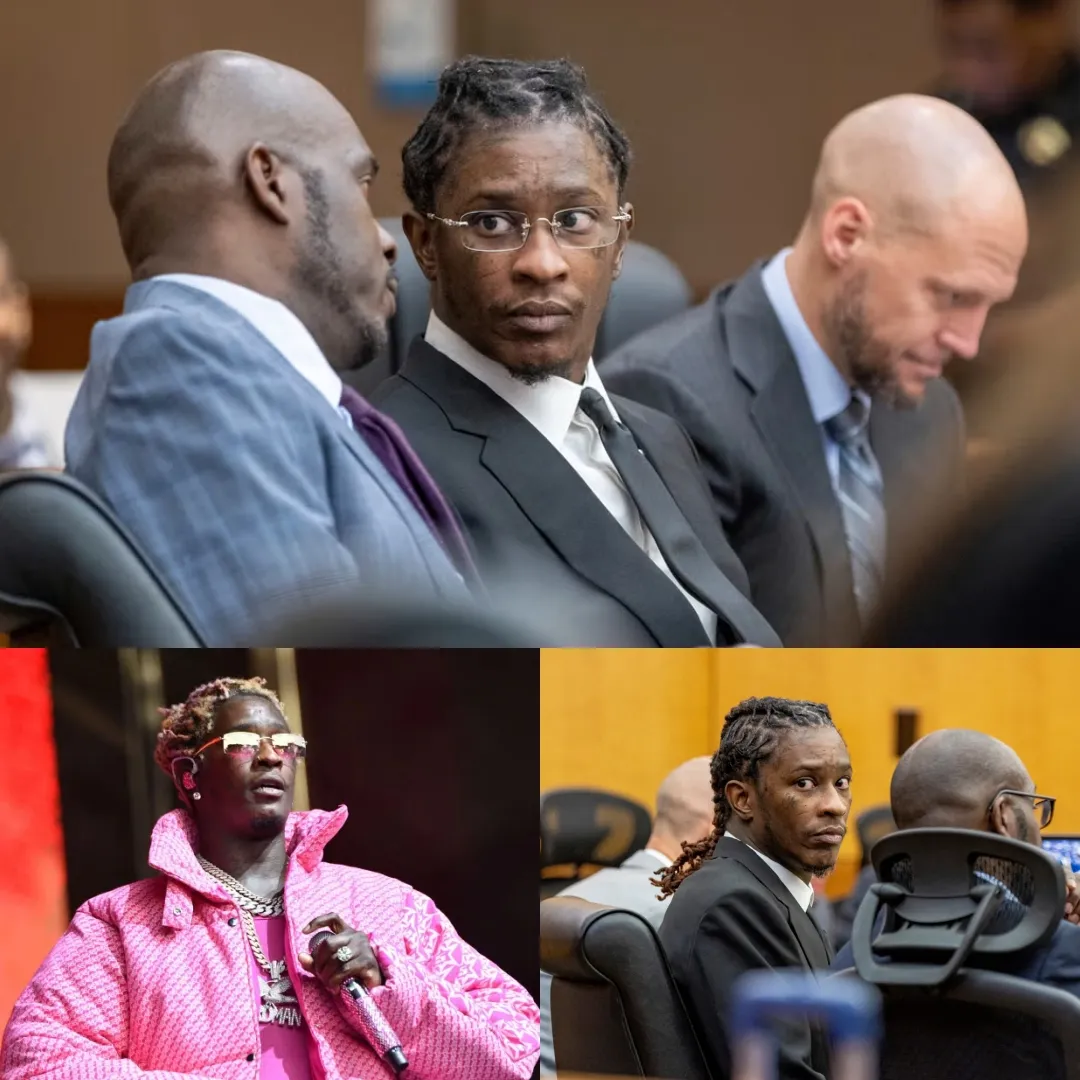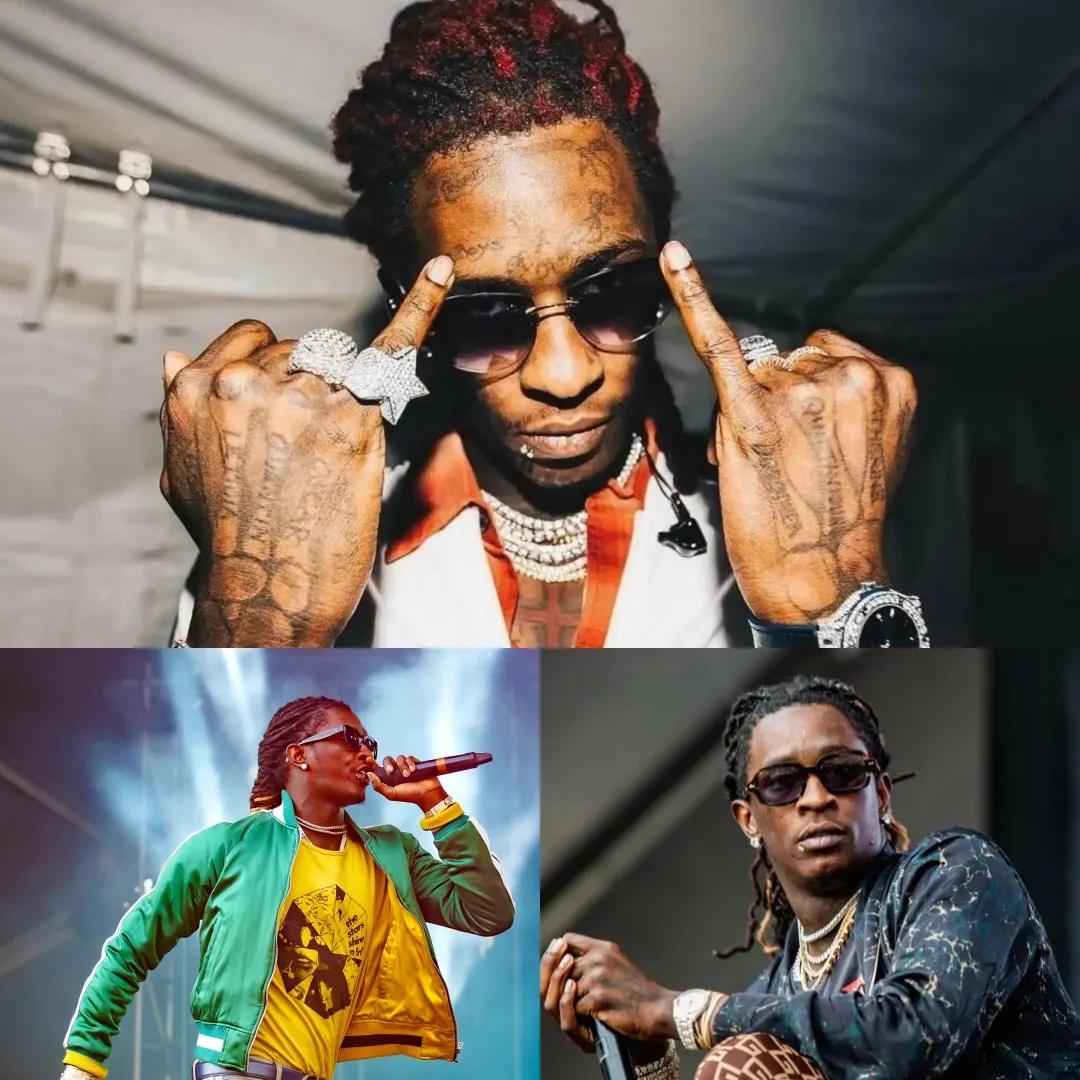
Young Thug’s path to redemption?
Jeffery Lamar Williams, widely known as Young Thug, has emerged from a protracted legal ordeal after pleading guilty to multiple charges. This pivotal development follows over two years of complex legal proceedings involving numerous delays and obstacles, finally reaching a resolution that offers Young Thug both freedom and a new path forward.

The Trial began in January 2023, with jury selection alone taking ten months. Since opening statements in November 2022, prosecutors called numerous witnesses to testify against Young Thug and five other defendants, alleging they were involved in organized criminal activity.
As a pioneer of “mumble rap” and a Grammy-winning artist, Young Thug’s meteoric rise began with hit tracks like “Stoner” and “Best Friend.” His collaborations with icons like Drake, Chris Brown, T.I., Travis Scott, and Elton John underscore his reputation as a talented innovator in the music industry. Despite his fame, however, his non-conformist image and choices—like wearing a dress on his 2016 mixtape cover “Jeffery”—often challenged hip-hop norms, and his advocacy for gender fluidity made waves beyond the music world.
However, Young Thug’s background was shaped by the tough environment of a suburban Atlanta housing project, a place burdened with crime and violence. This challenging past resurfaced in May 2022 when he was arrested under Georgia’s Racketeer Influenced and Corrupt Organizations (RICO) Act, facing charges of criminal gang activity, drug possession, and firearm offenses. Prosecutors alleged he founded Young Slime Life (YSL) in 2012, portraying him as “King Slime,” who orchestrated criminal acts and encouraged illegal activities.
Young Thug’s defense team sought a plea deal with prosecutors, yet negotiations failed due to contentious terms. His attorney, Brian Steel, described the restrictions proposed by prosecutors as “outrageous,” which would have included a highly restrictive electronic monitoring device. With negotiations stalled, Young Thug made a bold move by entering a “blind” plea, pleading guilty to multiple charges without any prior agreement.

The Sentence issued by Fulton County Superior Court Judge Paige Reese Whitaker incorporated several conditions meant to ensure compliance and reformation. Young Thug received a 40-year sentence, with five years commuted to time served. This decision left him with 15 years on probation, followed by 20 years of conditional release, emphasizing a high-stakes probationary period.
Despite the prosecution’s push for a harsher, 45-year sentence, Young Thug’s plea for leniency and his expressed remorse influenced the final ruling. In court, he acknowledged his mistakes, expressing a commitment to a new path. He stated, “I’ve learned from my mistakes… I didn’t take full advantage of my success, and I’m sorry.”
As part of his probationary terms, Young Thug is forbidden from entering Atlanta for ten years, except for specified family events, and is required to return annually to promote anti-gang and anti-violence messages at local schools and community organizations. His probation also restricts him from associating with criminal gang members and possessing firearms. Regular drug testing and random searches are mandated to monitor compliance.

The legal journey was marked by unexpected developments, including the replacement of the original judge after allegations of bias. Judge Whitaker’s arrival brought a fresh perspective, and she voiced frustration over the prosecution’s handling of evidence and lack of clarity in the trial.
For Young Thug, this sentence symbolizes both accountability and a commitment to redemption. His willingness to address his past, combined with the strict oversight of his probation, sets a precedent for reformation in the face of legal challenges. As he continues his journey, Young Thug’s story stands as a powerful reminder of resilience, the weight of redemption, and the potential for positive change in both his personal life and the larger community.



